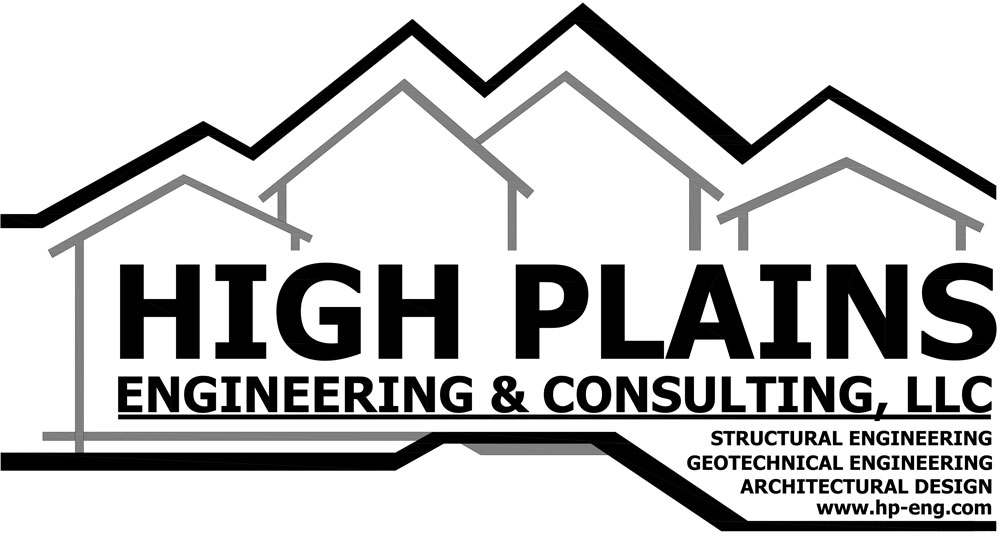Geotechnical swell tests determine the amount of expansion or swelling in soil when it is saturated with water. The test is typically performed on compacted soils but can also be done on natural, in-situ soils. The test results can predict how the soil will behave under different moisture conditions and can help engineers design foundations, retaining walls, and other structures that can withstand the swelling pressure of the soil. Types of Geotechnical Swell Tests There are two main types of geotechnical swell tests: oedometer tests and triaxial tests. Oedometer tests These tests are performed in a laboratory using a device... View Article
The front range Colorado Springs cost increase is one that has shocked the area. Rent prices have gone up more than 20 percent in some areas, and worker shortages have caused those numbers to rise. These are some of the ways the cost increases can affect construction and what you can do about it if you’re planning to build a new property: How the Pandemic Slowed Construction The pandemic kicked off a massive slowdown in construction housing demand and supply. Many workers had to halt their projects to keep themselves safe during the pandemic and meet the state’s guidelines. Furthermore,... View Article
You have probably heard several times that clay soil can affect your building’s foundation. If you wonder whether this claim is valid, you should know that it is true because clay soil and foundations can have weird interactions with certain construction materials. Why Is Clay a Problem for Your Building’s Foundation? Clay soils usually expand or swell when they when subjected to water. The clay soil under your foundation can come in contact with water due to heavy rains or poor drainage. The swelling of this absorptive clay can damage your structure’s foundation by causing foundation settlement, cracks, or heave and... View Article
Why add a rooftop solar system? Whether you wish to reduce your carbon footprint, manage your energy bill or enhance your home’s ROI, you may choose to install solar panels. Below are some factors you need to consider before adding roof solar panels. Your home’s solar viability A home’s solar viability depends on the roof’s orientation, roof structure, and whether there is a nearby shade. Solar panels require space to be effective. The space required depends on the size of our home and the amount of power you expect. Normally, the least space required is around 200 square feet. The space... View Article
Building projects are a huge industry, and ensuring that your home or project is safe against nearly anything is a must. Damp proofing and waterproofing are similar, but they are not the same. Knowing the difference between the two can help you determine what is right for you. What Is the Difference Between Waterproofing and Dampproofing? Damp proofing is used mainly to keep out the dampness from the soil. It does not protect against water or against other forms of liquid that might flood the crawl space or other space where it is applied. It is best used in areas... View Article

 HPEC is an active member of CAGE
HPEC is an active member of CAGE